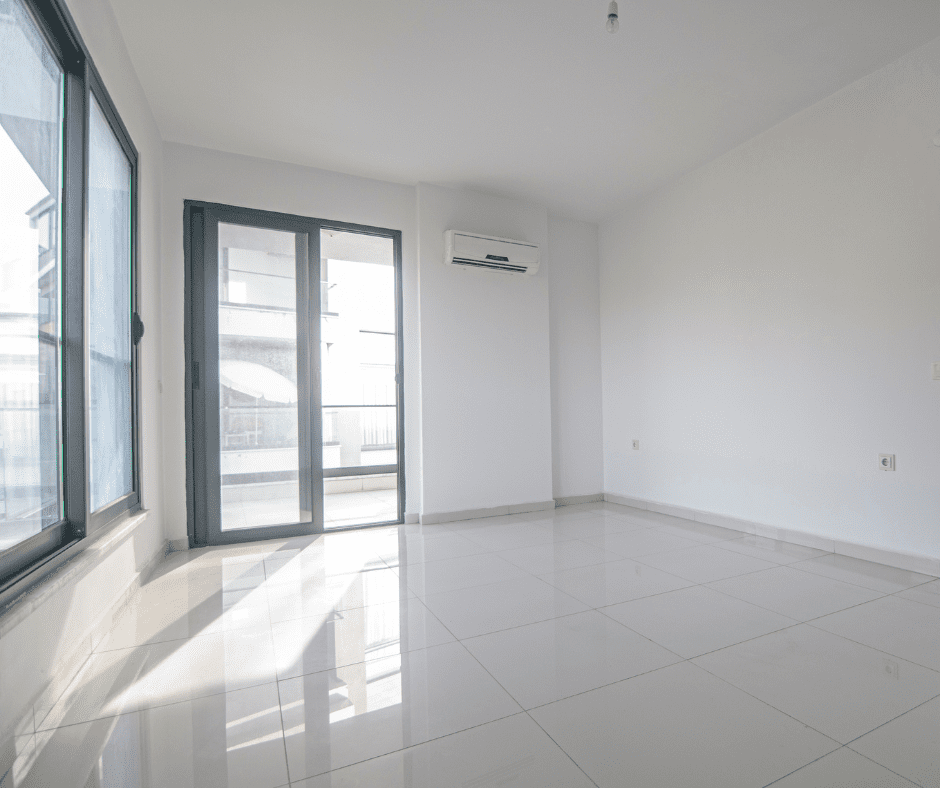When you invest in a commercial property, you may find that the cash flow options are sufficient as-is. However, your perspective on the investment may change over time.
In the aftermath of the pandemic, turning commercial space into residential is a particularly attractive option. After all, many areas are experiencing housing shortages, prices for rental residents are rising, and interest in certain commercial properties is tumbling.
Fortunately, turning commercial space into residential is an option in many cases, and it isn’t necessarily as difficult as it may initially seem. Here’s a look at the steps involved in changing commercial property to residential.

Turning Commercial Property Into Residential
While the answer to the question, “Can you use commercial property as residential?” is potentially “yes,” it isn’t something you can do without some effort. Simply deciding to treat the building as housing and start renting out units isn’t allowed. Instead, you’ll have to follow various local laws, some of which may bar you from making the conversion.
In most cases, changing a property from commercial to residential is a two-step process, involving both alterations to the property and, potentially, getting the building rezoned. Here’s an overview of each aspect of the project.
Rezoning Commercial to Residential
Before you worry about making a commercial building livable as a residence, you typically want to explore any potential zoning issues. As a first step, you need to find out how the property is currently zoned, as well as the zoning of streets surrounding the building.
If you’re in a mixed-use zone, rezoning may be unnecessary, suggesting the neighborhood allows the type of housing you want to create. Typically, if an area can have residential housing, single-family homes are permitted. However, if you want to convert a commercial property into multi-family housing, you’ll need to ensure that local zoning allows it.
If your property is zoned as commercial, you’ll likely need to get it rezoned before you can start exploring options for physically changing a property from commercial to residential. Generally, that involves gathering details about the property – both as it is and as you envision it – and filing a request with your local zoning office.
After that, you may want to drum up support from neighboring property owners. If other people in the area have concerns about your plans for the building, you may have trouble getting your rezoning request approved. Since that’s the case, getting some neighbors on your side is wise.
You’ll typically attend a zoning commission public hearing as part of the process. There, you can plead your case, and others can air their concerns or offer support. Once that’s done, you’ll simply need to wait for a response.
If approved, you can typically move forward with the conversion. If not, you’ll likely have the option to appeal, which you may want to wait to do until you can garner more support for your plan.
It’s important to note that rezoning commercial to residential can be surprisingly expensive. Application fees can run from a few hundred to several thousand dollars. Considering that approval isn’t guaranteed, ensuring you have all of the required documents and ample support gathered before you begin is always wise.
Updating Commercial Properties to Become Residential

When it comes to how to convert commercial property to residential units, physical changes are typically a must. Every city, county, and state has rules regarding residential property sizes, features, and requirements. Generally speaking, commercial properties won’t meet them as-is, so the building will need to undergo some construction.
Precisely what you have to do may depend on the nature and size of the commercial property. Some may need little more than adding a kitchen and three-quarter or full bathroom. Others might require substantial overhauls to ensure it meets livability standards.
If you aren’t sure what renovations need to be done, start by reviewing local landlord-tenant law regarding habitability. Local building codes for residential properties can also give you some insights.
At a minimum, you need to find out any rules regarding minimum square footage, HVAC, kitchen features, bathroom features, egress, insulation, soundproofing, firestop, and similar factors. Often, a property has to be of a particular size to qualify as a residence, as well as offer sufficient comfort based on local weather conditions. Having space for specific appliances and fixtures is also essential, along with suitable exits to ensure someone can safely leave during an emergency. Otherwise, it isn’t considered habitable.
Once you know what you’ll need to update, you’ll need to get formal plans and secure any mandatory permits. In general, the amount of work needed and the type of updates required for most commercial property conversions will make a permit a must, so it’s best to assume you’ll need to have one before you begin the project.
Are There Grants for Converting Commercial Property to Residential?

Since rezoning fees and property renovations can cost thousands of dollars, many people wonder if they can find grants to help cover the cost of turning commercial property into residential. While options like that are typically rare, that doesn’t mean they’re never available.
In most cases, you’ll want to explore options through local small business or housing organizations. Technically, becoming a landlord can potentially qualify as running a small business, so you may find business-oriented grants to help cover the costs. Similarly, housing-related agencies may support the development of more rental housing, particularly if your property will provide options for low-income households.
You may also find some options through various charitable organizations. However, your odds of securing funding are much higher if your property will support individuals and families that are in need. That could mean you would need to create affordable housing as a condition of the grant, so keep that in mind.
Be wary of any site or company claiming it can help you get government grants or advertises incredibly broad grant options while routing everyone to the same application. Similarly, if a site charges an application fee or requires you to pay and sign up as a member, it likely isn’t the best approach. Some of those sites function as little more than databases for potential grants, most of which wouldn’t meet your needs. Others may be outright scams.
If you aren’t finding grants to support your project, you’ll need to look at other, more accessible funding sources. Small business loans, equity lines of credit, or similar options might be a better fit.
Turning Commercial Property Into Residential in New York State

As mentioned above, having a property rezoned might be a necessity if you want to change the use from commercial to residential. Since that’s the case, you’ll want to turn to the right resources before you begin making any changes.
Zoning laws in New York state are managed at the city level. As a result, you’ll need to consult with your local office to find out how your property is zoned and, if necessary, request rezoning.
For information about housing and habitability, you can use the New York Warranty of Habitability as a guide. Additionally, the New York City Department of Housing Preservation & Development’s ABCs of Housing provides ample insights, even if your property isn’t in NYC.




